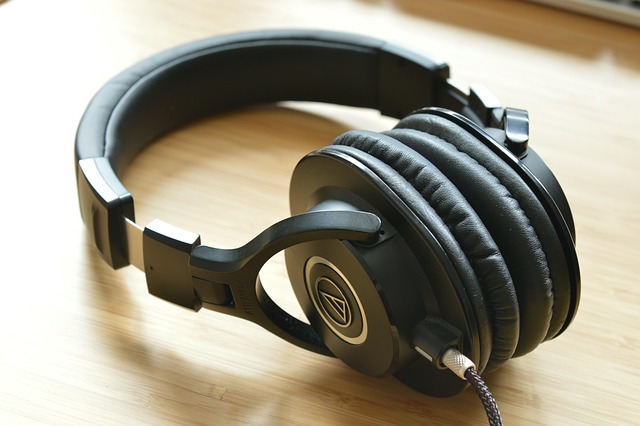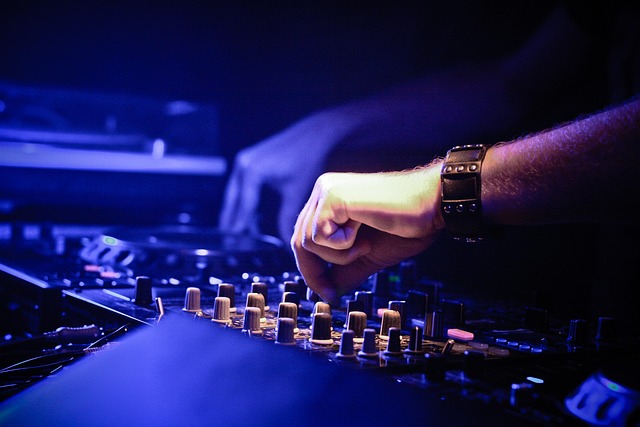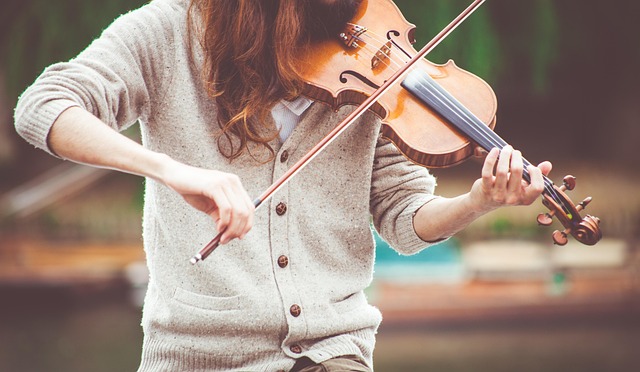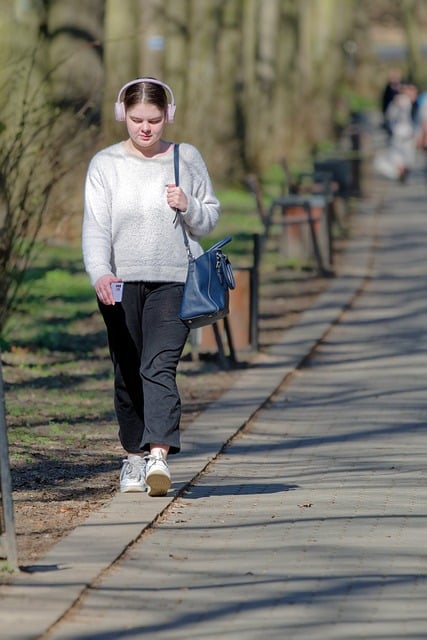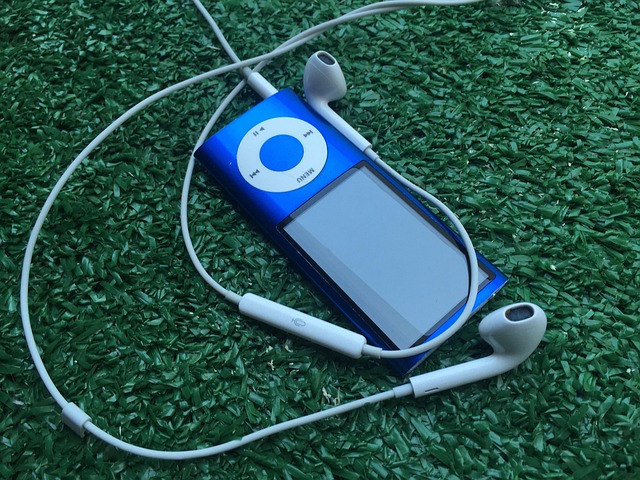Under the stark glare of an operating theatre in Delhi, surgeons prepare to remove a woman’s gallbladder. She lies completely still under general anaesthesia — a carefully controlled blend of medicines that induce unconsciousness, ease pain, prevent memory and temporarily relax the muscles.
Despite the medical machinery surrounding her, soft flute music plays quietly through headphones placed over her ears. Although most of her brain has been subdued by the drugs, the auditory system remains partly active. According to new research, this seemingly small detail may help her wake more quickly and clearly, having required fewer anaesthetic medicines than patients who heard no music.
The peer-reviewed study, carried out by specialists at Maulana Azad Medical College and Lok Nayak Hospital and published in Music and Medicine, presents some of the strongest evidence to date that music played during general anaesthesia can modestly reduce the amount of medication needed and potentially improve recovery.
Researchers focused on patients undergoing laparoscopic cholecystectomy — a routine keyhole procedure to remove the gallbladder, typically lasting less than an hour and requiring a swift, alert awakening afterwards.
++ Government moves to assure fuel security amid Lindsey refinery collapse
Dr Farah Husain, a senior anaesthetist and certified music therapist involved in the research, said the aim of modern practice is simple: “Patients should wake comfortably — alert, orientated and ideally without unnecessary pain.” Achieving this often involves a carefully calibrated combination of medicines that keep patients asleep, reduce discomfort and limit the body’s stress response to surgery.
For operations such as gallbladder removal, clinicians increasingly combine general anaesthesia with regional nerve blocks to numb the abdominal wall. Yet the body can still react to surgery — heart rate may rise, blood pressure can increase and stress hormones surge. Managing this physiological response remains a central priority.
Intubation — inserting a breathing tube to secure the airway — is considered one of the most stressful stages of general anaesthesia, even though patients have no conscious memory of it. “The body still reacts, despite the lack of awareness,” explained Dr Sonia Wadhawan, who supervised the study.
The Delhi research team sought to determine whether music could reduce the amount of propofol — a fast-acting intravenous sedative — and fentanyl, an opioid painkiller, required during surgery. In total, 56 adults aged between about 20 and 45 took part over an 11-month period. All patients wore noise-cancelling headphones, but only half listened to calming instrumental music, either piano or flute.
The findings were notable. Patients exposed to music required lower doses of both drugs, had more stable blood pressure during surgery and showed reduced cortisol — a key stress hormone. They also experienced smoother, clearer recoveries. The researchers suggest that because the auditory pathway continues to function under anaesthesia, sound may still influence the brain’s internal state.
“You may not recall the music, but the brain seems to recognise it,” Dr Wadhawan said. The study builds on long-standing interest in how the unconscious mind may register operating-room sounds — both negative and positive — even without conscious memory.
++ The peregrine falcon: nature’s fastest killer in the sky
Music therapy has long been used across medicine, from mental health care to stroke rehabilitation. Its introduction into anaesthesia — a field dominated by monitors, machines and pharmaceuticals — marks a subtle but meaningful shift. If a simple, inexpensive intervention such as music can reduce drug use and support recovery, hospitals may begin to rethink how they approach perioperative wellbeing. The research team now plans to explore whether similar benefits apply during other forms of sedation. For now, one conclusion continues to resonate: even in the silence of deep anaesthesia, a few gentle notes may help the healing process begin.
